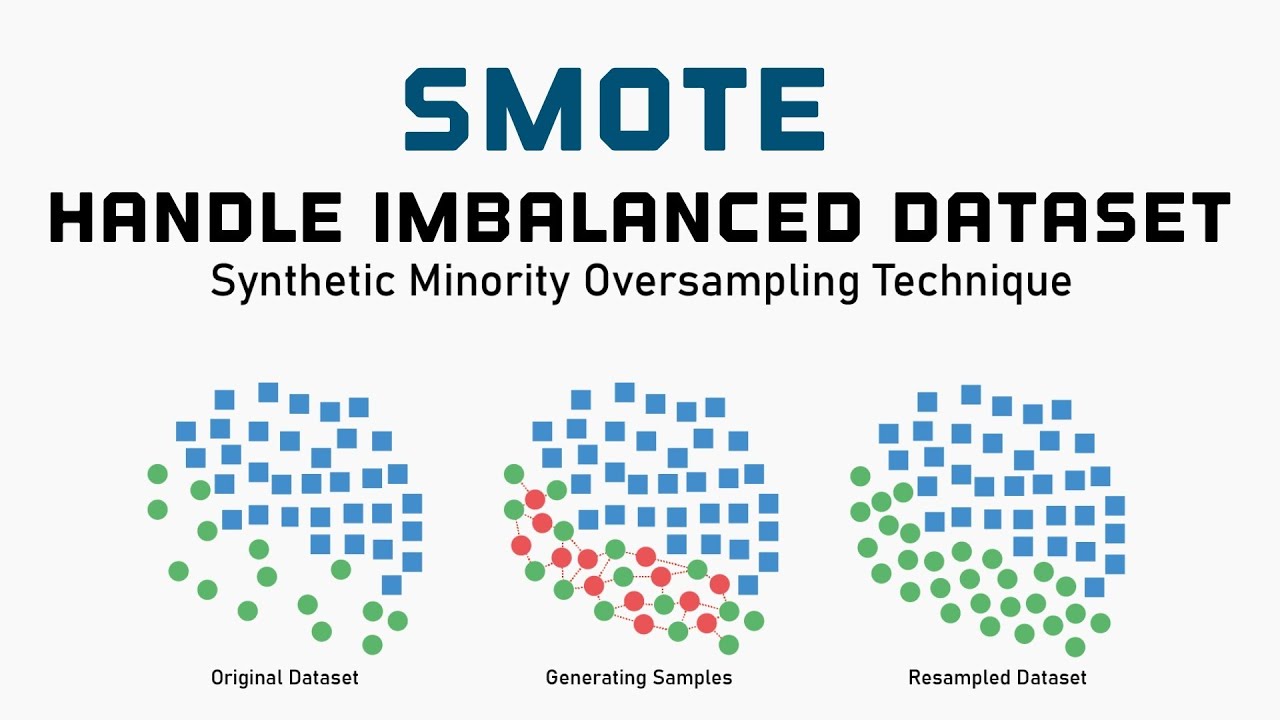In the vast tapestry of human mythology, there exist countless tales of gods, heroes, and mythical creatures that have captured the imagination of civilizations throughout history. Among these diverse mythologies lies the concept of “smote,” a word often encountered in ancient texts and religious scriptures. Despite its prevalence, the meaning and significance of “smote” remain shrouded in mystery for many. In this exploration, we delve into the origins, interpretations, and cultural implications of this enigmatic term.
Origins of Smote:
The term “smote” finds its roots in Old English, derived from the Middle English word “smiten,” which means to strike or hit forcefully. Its usage can be traced back to ancient religious texts such as the Bible, where it is frequently employed to describe divine acts of punishment or retribution. For example, in the Book of Exodus, we encounter the phrase “And Moses stretched forth his hand over the sea, and the sea returned to its strength when the morning appeared; and the Egyptians fled against it; and the Lord overthrew the Egyptians in the midst of the sea” (Exodus 14:27, King James Version), illustrating the concept of God smiting the Egyptians with the waters of the Red Sea.
Interpretations Across Cultures:
While the term “smote” is predominantly associated with Judeo-Christian traditions, similar concepts of divine punishment exist in various cultures worldwide. In ancient Greek mythology, the god Zeus is often depicted wielding thunderbolts to smite those who defy his authority, exemplifying the notion of celestial retribution. Likewise, in Norse mythology, the god Thor brandishes his mighty hammer, Mjölnir, to smite enemies and monsters, showcasing the belief in divine intervention and justice.
Cultural Significance:
The concept of smiting holds profound cultural significance across different societies, reflecting humanity’s collective fascination with justice, power, and the supernatural. In many narratives, smiting serves as a symbolic representation of cosmic balance, where wrongdoing is met with swift and decisive punishment, restoring order to the universe. Moreover, the imagery of a divine entity smiting evokes feelings of awe, reverence, and fear, underscoring the complex relationship between mortals and the divine in religious and mythological contexts.
Evolution in Modern Discourse:
While the term “smote” is deeply rooted in ancient mythology and religious texts, its usage has transcended traditional contexts and found its way into modern discourse. In literature, film, and popular culture, references to smiting abound, often employed metaphorically to convey the idea of overwhelming force or decisive action. For instance, in J.R.R. Tolkien’s epic fantasy series “The Lord of the Rings,” the character Gandalf famously declares, “You shall not pass!” before smiting the Balrog with his magical staff, symbolizing the triumph of good over evil in a climactic battle.
Philosophical Reflections:
Beyond its narrative and linguistic dimensions, the concept of smiting raises profound philosophical questions about morality, justice, and the nature of divinity. The notion of a higher power wielding the authority to smite evokes debates about theodicy—the reconciliation of the existence of evil and suffering with the benevolence of a divine creator. Furthermore, it prompts reflection on the ethical implications of divine punishment, challenging individuals to grapple with concepts of mercy, forgiveness, and accountability in both religious and secular contexts.
Conclusion:
The concept of smote stands as a compelling archetype that transcends cultural boundaries and resonates across millennia of human storytelling. From its origins in ancient mythology to its contemporary manifestations in literature and popular culture, smiting continues to captivate our imagination and provoke philosophical inquiry. Whether viewed as a manifestation of divine justice, a metaphor for decisive action, or a symbol of cosmic order, smote remains an enduring testament to humanity’s perennial quest for meaning, morality, and transcendence in the face of the unknown.
